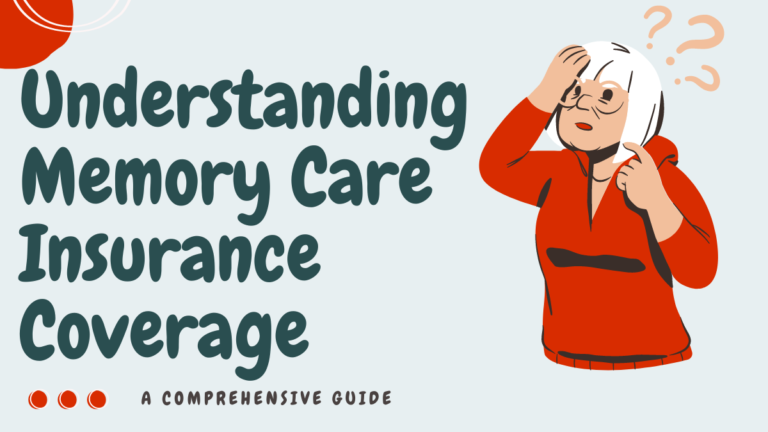Understanding the Coverage: Does Supplemental Insurance Cover Home Health Care?

Are you feeling confused and overwhelmed by the jargon surrounding supplemental insurance? Are you wondering if it has got your back when it comes to home health care? Well, fear not! In this blog post, we will dive deep into the complexities of supplemental insurance coverage and uncover all the secrets behind its ability (or lack thereof) to support your home health care needs.
So buckle up, because by the end of this article, you’ll be armed with all the knowledge necessary to make informed decisions about your insurance options. Let’s get started on unraveling this captivating mystery together!
Table of Contents
What is Supplemental Insurance?
Supplemental insurance can come in handy if you need care at home. It can cover costs for things like medication, skilled nursing care, or even transportation to get services.
Some important things to keep in mind about supplemental insurance are that it is not always coverage for everything and it may not be available everywhere. Make sure you research what is COVERED by your policy before making a purchase.

Most homes now come with some form of this insurance so it’s worth checking to see if you’re covered before shelling out any cash.
Types of Supplemental Insurance
supplemental insurance covers a variety of things outside the healthcare system, including accident insurance, pet insurance, and even coverage for items like travel and rental car costs.
The types of supplemental insurance vary depending on the policy, but many policies will cover at least some types of home health care.
This coverage can be important if you need assistance with everyday tasks like bathing or dressing, or if you have a medical emergency that requires hospitalization.
Some policies will cover only certain types of home health care services, such as skilled nursing or in-home aides. If you need coverage for all types of home healthcare services, you may want to look into a holistic policy that includes both medical and surgical coverage.
How Supplemental Insurance Works with Home Health Care?
Health insurance plans typically cover a limited number of medical procedures and services that are not provided by traditional, catastrophic health insurance plans. Because supplemental plans are meant to supplement your regular coverage, they may not be able to cover all of the costs associated with home health care.
Certain types of this insurance plans may offer additional benefits that can help pay for home health care costs, such as coverage for specialist visits or equipment needed for your home care service.
Make sure you know what type of supplemental health insurance plan applies to you and whether it includes coverage for home health care before starting a service. You may also want to speak with a healthcare professional about whether you need any other forms of coverage, such as Medicare or Medicaid, in order to receive quality home nursing care.
Coverage for Home Health Care Provided by a Primary Healthcare Provider
There are a few important things to keep in mind if you’re looking into supplemental insurance to cover your home health care needs. Supplemental insurance generally only covers services that are not typically covered by Medicare or Medicaid, which includes in-home preventive care and certain types of medical equipment.
It’s also important to remember that supplemental insurance policies vary greatly in terms of what is covered and what is not. Some might only cover urgent/ emergency care, while others may have more comprehensive coverage.
So, if you’re looking for supplemental insurance to cover your home healthcare costs, be sure to do your research and speak with a healthcare professional about what policies are available in your area.
Coverage for Home Health Care Provided by a Hospice
Hospices are a great option if you’re looking for supplemental insurance to cover your home health care needs. Hospices are typically much more expensive than traditional healthcare providers, but they offer comprehensive coverage for in-home care and medical equipment. Plus, hospices often have a team of dedicated caregivers who will provide around-the-clock care.
So if you’re looking for supplemental insurance to cover your home health care costs, be sure to speak with a hospice about their policies and services.

Conclusion
If you are considering supplemental insurance for your home health care needs, it is important to understand the coverage that is offered. Supplemental insurance can provide financial stability in times of need, but you should be aware of the exclusions and limitations to ensure that you are receiving the most appropriate level of coverage. Make sure to ask your agent about what is included in a policy and be up-to-date on any changes that could impact your eligibility or benefits.






